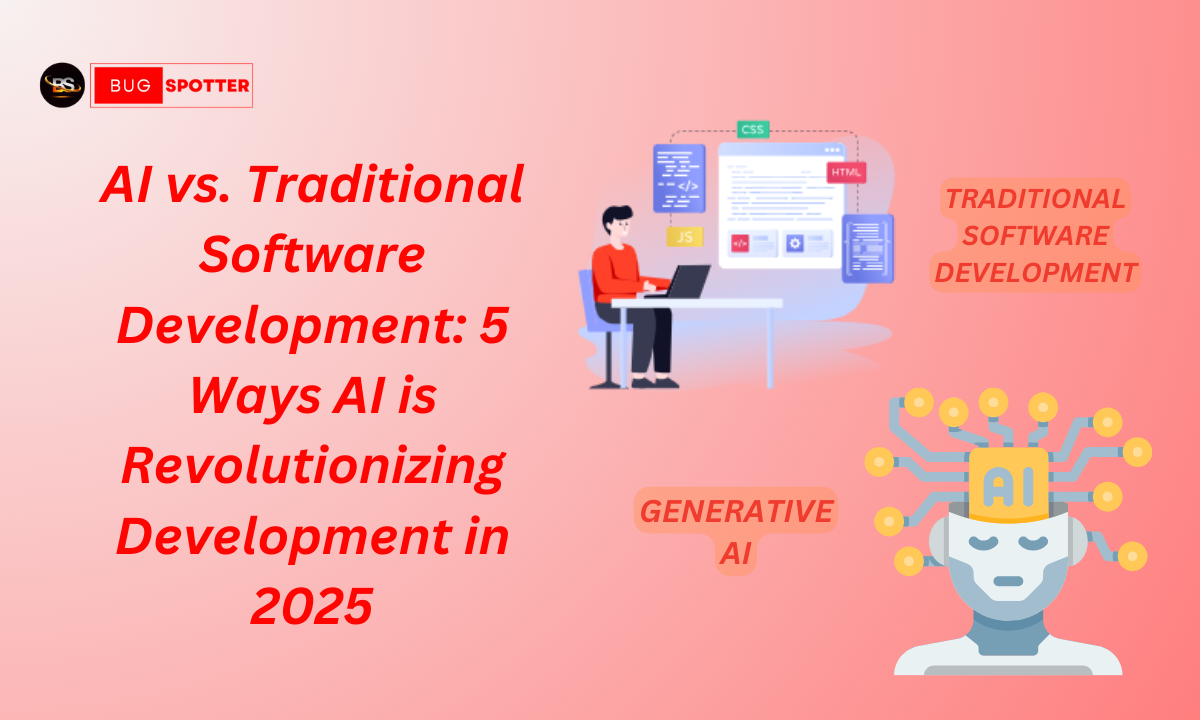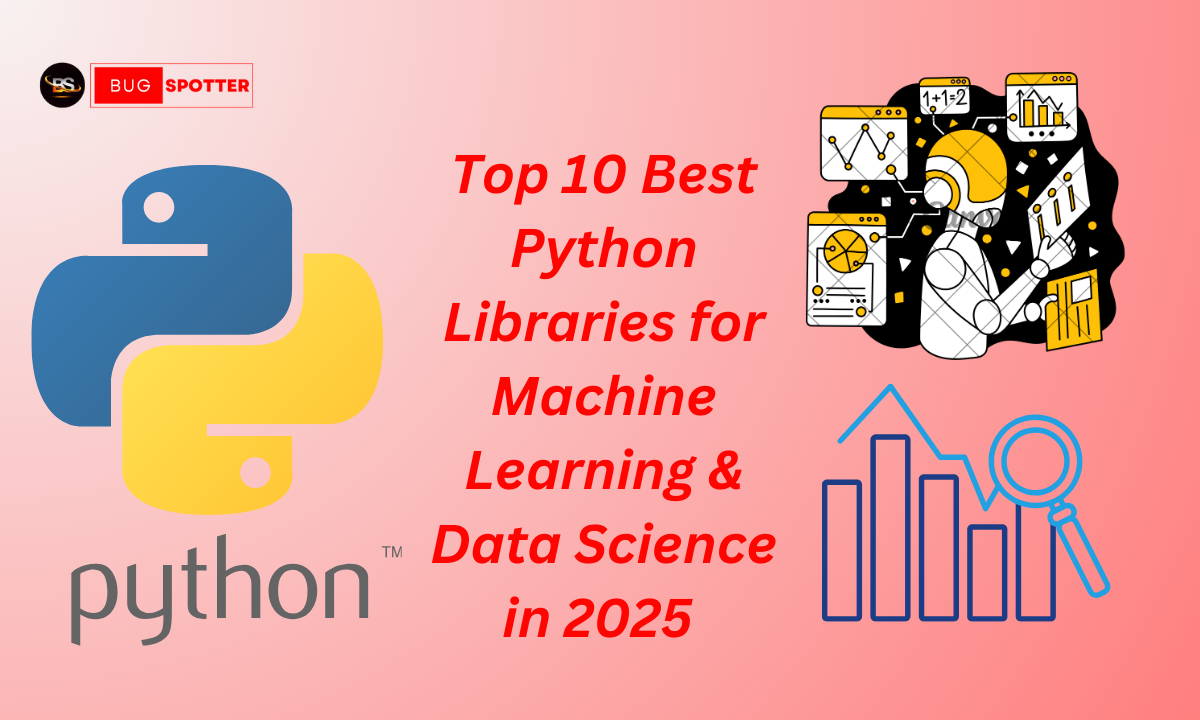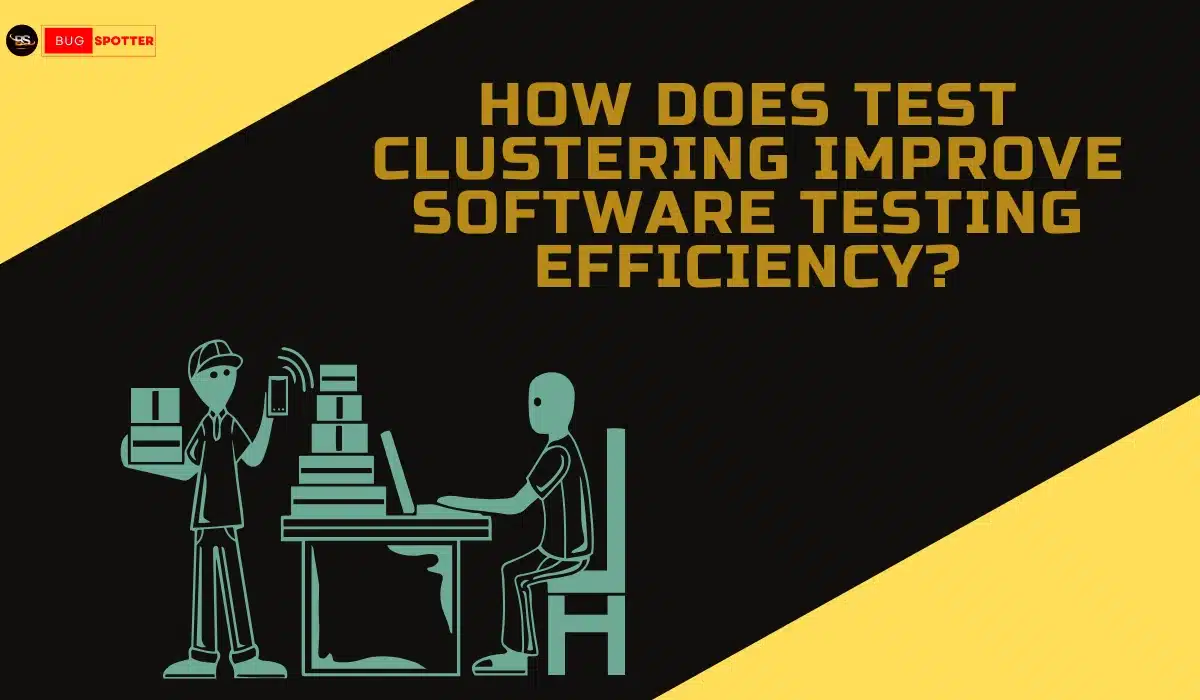Benefits of Data Science in 2025

Benefits of Data Science in 2025
In 2025, data science will continue to evolve as technology and data collection capabilities advance. With the rise of machine learning, AI, and the Internet of Things (IoT), data science will play an even more critical role in driving business decisions, optimizing operations, and unlocking new opportunities. As organizations across industries embrace data-driven insights, data science will become more accessible and integrated, offering benefits such as personalization, automation, sustainability, and improved risk management. This ongoing transformation will not only enhance business growth but also contribute to societal progress.
1. Advanced Predictive Capabilities
- Data science will increasingly enable more accurate predictions, thanks to advanced machine learning algorithms, big data, and enhanced computational power. Industries like finance, healthcare, retail, and transportation will benefit from more precise forecasting, allowing for smarter decision-making and proactive strategies.
2. Personalization at Scale
- As businesses collect even more detailed customer data, data science will allow for hyper-personalization of services and products. AI-powered recommendation engines will create tailored experiences for individuals, driving higher customer satisfaction and loyalty. Companies will be able to offer products, marketing messages, and services that resonate with each customer’s specific needs and preferences.
3. Automation of Complex Processes
- Automation will continue to evolve with data science, allowing companies to automate highly complex tasks that traditionally required human decision-making. Automation in sectors such as finance (fraud detection), healthcare (diagnostic tools), and customer service (chatbots, virtual assistants) will become more sophisticated, reducing costs and improving operational efficiency.
4. Improved Healthcare and Precision Medicine
- In 2025, data science will be central to advancements in precision medicine. With the help of AI and machine learning models, healthcare providers will be able to analyze genetic, environmental, and lifestyle data to offer more personalized treatment options. Additionally, predictive analytics will improve early detection and patient outcomes for diseases like cancer, heart disease, and neurological disorders.
5. Real-Time Decision Making
- As companies collect and process data in real time, data science will enable immediate, data-driven decisions. In 2025, industries such as logistics, finance, and marketing will rely on real-time analytics to optimize supply chains, detect fraud instantly, and execute marketing campaigns in real time.
6. Better Resource Management
- Data science will drive the efficient allocation of resources. Through predictive analytics and optimization algorithms, businesses and governments will be able to better manage everything from inventory and production schedules to energy consumption and public services, leading to substantial cost savings.
7. AI-Driven Innovation
- Data science will continue to fuel AI advancements in areas like natural language processing (NLP), computer vision, and robotics. In 2025, we will see more intelligent systems that improve everything from customer service (AI chatbots) to industrial automation (robotic process automation, or RPA), providing organizations with cutting-edge tools for growth and efficiency.
8. Sustainability and Environmental Impact
- As climate change becomes a more pressing issue, data science will be key in driving sustainability efforts. By analyzing large-scale environmental data, industries can identify ways to reduce waste, cut energy consumption, and create sustainable solutions. For example, data science will be used to optimize energy use in smart cities, monitor climate change impacts, and improve resource management in agriculture.
9. Enhanced Cybersecurity
- With the increasing frequency and sophistication of cyberattacks, data science will be crucial in bolstering cybersecurity. In 2025, machine learning algorithms will be employed to detect threats in real time, automatically respond to vulnerabilities, and help protect sensitive information, making cybersecurity systems more adaptive and resilient.
10. Smarter Manufacturing and Industry 4.0
- Data science will continue to transform the manufacturing industry by enabling predictive maintenance, quality control, and automation. With Industry 4.0 technologies, data-driven insights will help manufacturers predict machine failures before they happen, streamline production processes, and optimize supply chains for greater efficiency and cost reduction.
11. Greater Accessibility of Data Insights
- In 2025, data science tools will become even more accessible, allowing non-experts to leverage data for decision-making. With easier-to-use platforms and democratized access to data insights, smaller companies and startups will be able to harness the power of data science without needing dedicated teams of data scientists.
12. Improved Customer Experience
- As businesses continue to capture a growing amount of data on customer preferences and behavior, data science will allow them to design highly optimized customer journeys. In 2025, industries like retail and hospitality will utilize AI-driven customer service, personalized recommendations, and tailored marketing efforts to provide a more seamless and responsive customer experience.
13. Smarter Cities and Infrastructure
- Data science will play a pivotal role in the development of smart cities. From traffic optimization and energy efficiency to waste management and healthcare, data science will help cities improve services, reduce costs, and become more sustainable. For example, data-driven insights will help city planners design better urban spaces that are more efficient and livable.
14. Enhanced Legal and Compliance Monitoring
- In 2025, data science will help organizations meet legal and regulatory compliance requirements more efficiently. By analyzing legal data, compliance documents, and historical trends, companies can identify potential risks, predict changes in regulations, and ensure adherence to industry standards more effectively.
15. Accelerated Research and Development
- Data science will continue to accelerate R&D efforts across industries such as pharmaceuticals, energy, and tech. By processing large datasets and running complex simulations, data science will allow researchers to shorten development cycles, discover new solutions faster, and reduce costs in the R&D process.
Job Role and Salary after completing Data Science course
After completing a Data Science course in India, you can pursue a wide range of roles in various industries, including technology, healthcare, finance, retail, and more. Below are some common jobs in Data Science and their expected salaries in India:
1. Data Scientist
- Role: Data Scientists analyze complex data sets to uncover trends, patterns, and insights. They develop models and algorithms for predictive analytics and machine learning.
- Salary: ₹6,00,000 to ₹15,00,000 per year (depending on experience and expertise).
2. Data Analyst
- Role: Data Analysts interpret data to help businesses make informed decisions. They focus on cleaning, analyzing, and visualizing data.
- Salary: ₹4,00,000 to ₹8,00,000 per year.
3. Machine Learning Engineer
- Role: Machine Learning Engineers develop algorithms and models to enable machines to learn from data and improve over time.
- Salary: ₹7,00,000 to ₹15,00,000 per year.
4. Business Intelligence (BI) Analyst
- Role: BI Analysts focus on analyzing business data to help companies improve strategies and decision-making.
- Salary: ₹5,00,000 to ₹10,00,000 per year.
5. Data Engineer
- Role: Data Engineers build the infrastructure to collect, store, and process data. They are responsible for making data accessible for analysis.
- Salary: ₹6,00,000 to ₹12,00,000 per year.
6. Data Architect
- Role: Data Architects design and manage data systems and databases. They ensure the structure and storage of data are optimized for analysis and reporting.
- Salary: ₹8,00,000 to ₹18,00,000 per year.
7. AI Engineer
- Role: AI Engineers design and develop artificial intelligence systems, often using deep learning and neural networks for automation and decision-making.
- Salary: ₹8,00,000 to ₹20,00,000 per year.
8. Quantitative Analyst
- Role: Quantitative Analysts (Quants) use statistical and mathematical models to analyze financial markets and help companies with risk management and investment strategies.
- Salary: ₹10,00,000 to ₹30,00,000 per year (especially in finance-related roles).
9. Deep Learning Engineer
- Role: Deep Learning Engineers specialize in designing neural networks and training complex models for tasks like image recognition, natural language processing, and more.
- Salary: ₹8,00,000 to ₹20,00,000 per year.
10. Data Science Consultant
- Role: Data Science Consultants advise companies on how to leverage data science and machine learning for business improvement.
- Salary: ₹7,00,000 to ₹18,00,000 per year.
Factors Affecting Salary:
- Experience: Salaries generally increase with more years of experience in data science roles.
- Location: Major cities like Bangalore, Hyderabad, Mumbai, and Delhi offer higher salaries compared to smaller cities.
- Skills: Expertise in specialized skills like machine learning, deep learning, and big data technologies (Hadoop, Spark, etc.) can lead to higher salaries.
Latest Posts
- All Posts
- Software Testing
- Uncategorized
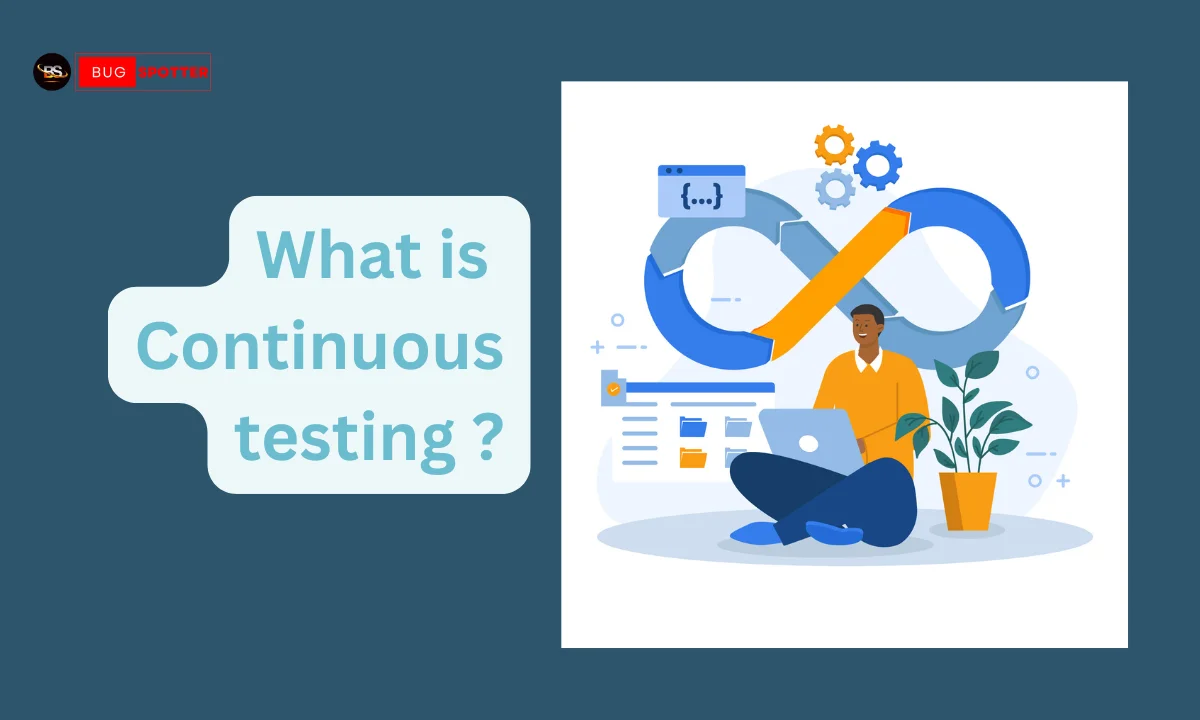
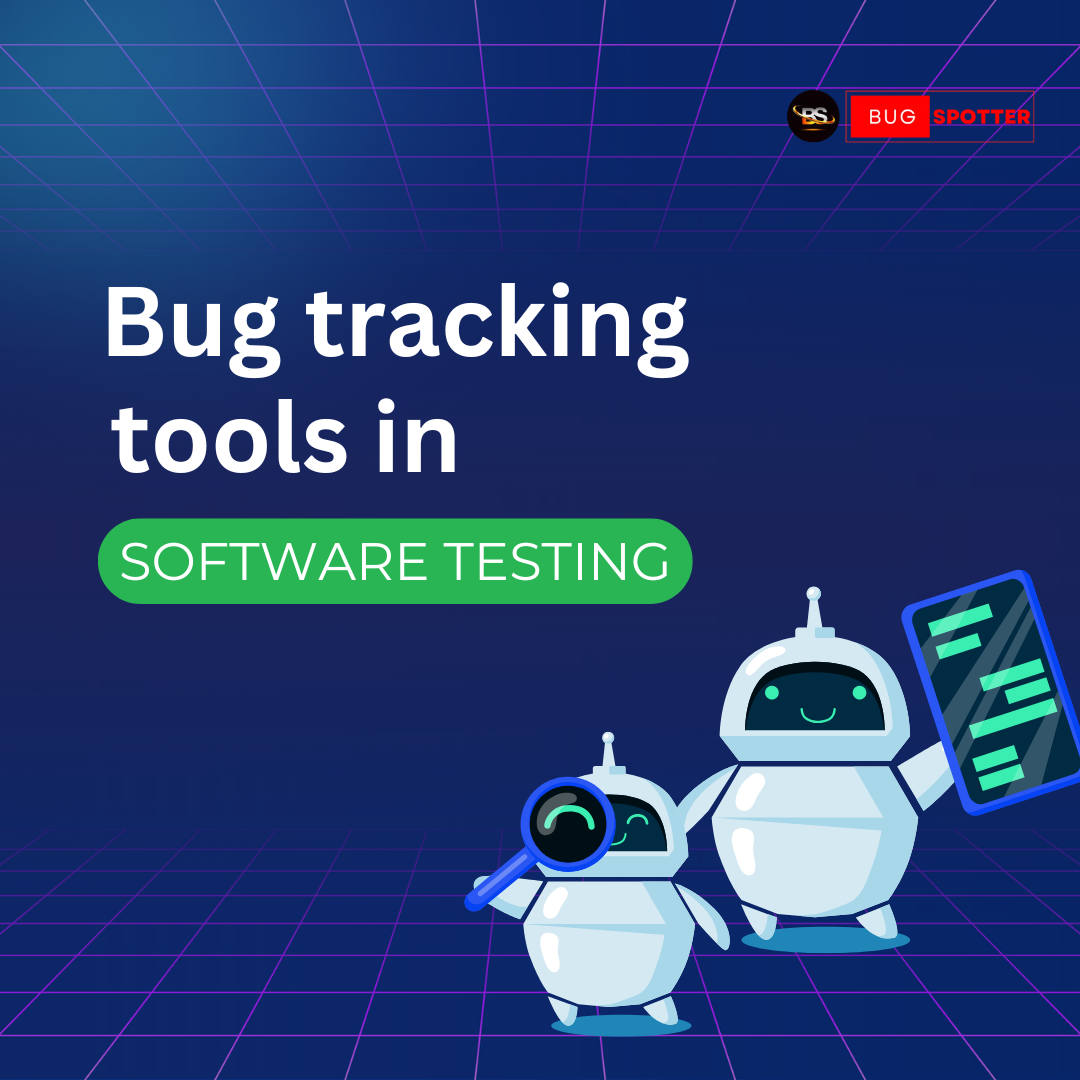
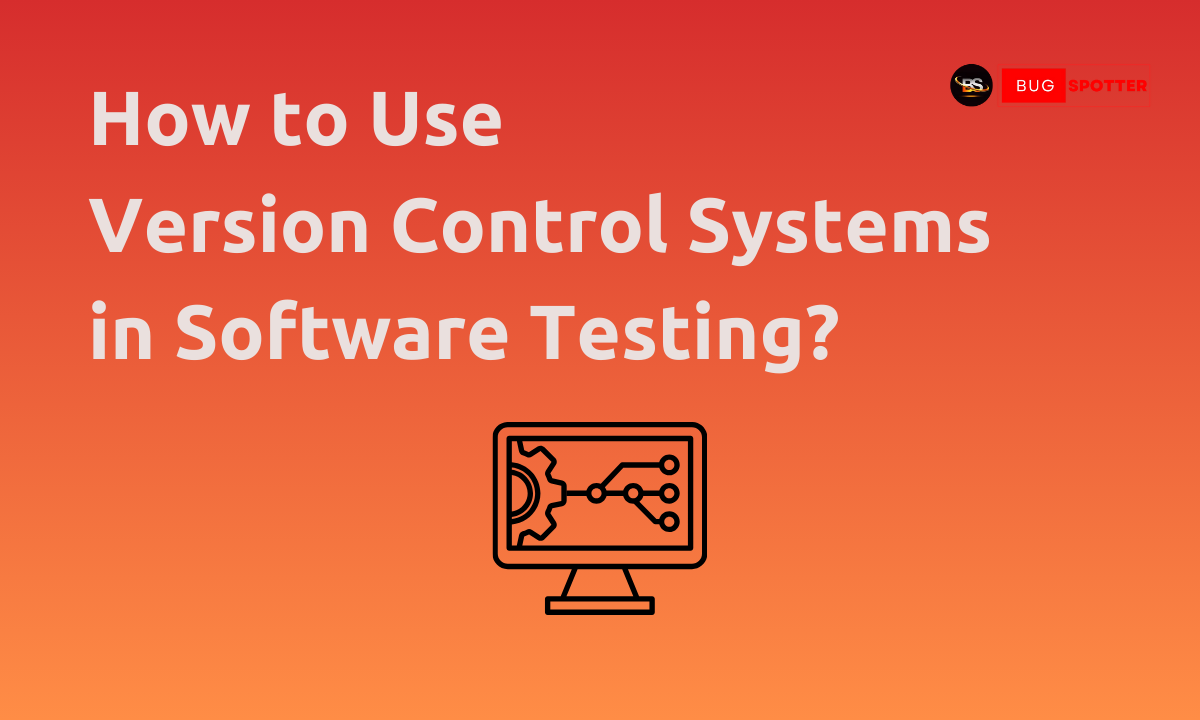
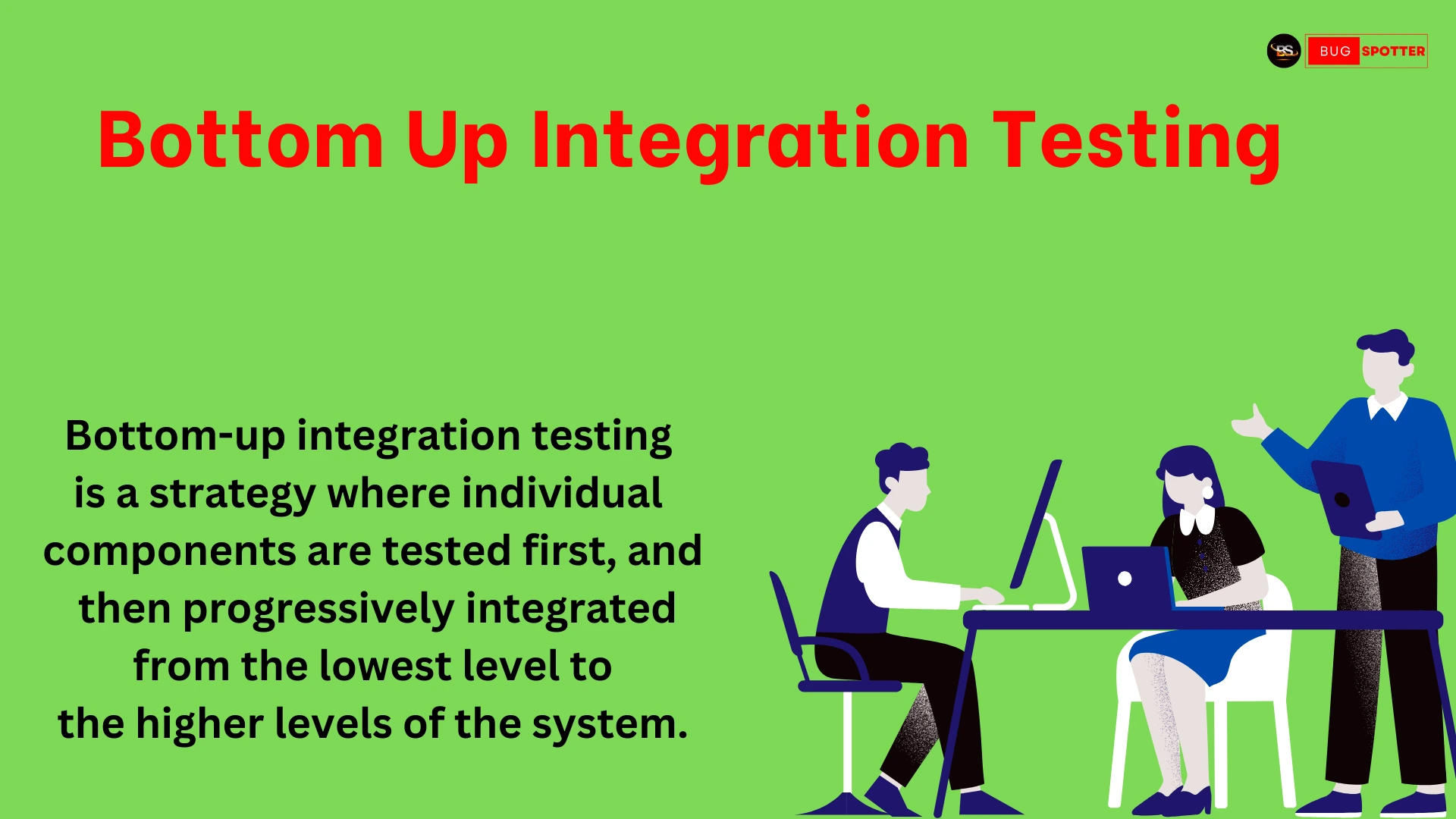

Categories
- Artificial Intelligence (5)
- Best IT Training Institute Pune (9)
- Cloud (2)
- Data Analyst (55)
- Data Analyst Pro (15)
- data engineer (18)
- Data Science (104)
- Data Science Pro (20)
- Data Science Questions (6)
- Digital Marketing (4)
- Full Stack Development (7)
- Hiring News (41)
- HR (3)
- Jobs (3)
- News (1)
- Placements (2)
- SAM (4)
- Software Testing (70)
- Software Testing Pro (8)
- Uncategorized (33)
- Update (33)
Tags
- Artificial Intelligence (5)
- Best IT Training Institute Pune (9)
- Cloud (2)
- Data Analyst (55)
- Data Analyst Pro (15)
- data engineer (18)
- Data Science (104)
- Data Science Pro (20)
- Data Science Questions (6)
- Digital Marketing (4)
- Full Stack Development (7)
- Hiring News (41)
- HR (3)
- Jobs (3)
- News (1)
- Placements (2)
- SAM (4)
- Software Testing (70)
- Software Testing Pro (8)
- Uncategorized (33)
- Update (33)



